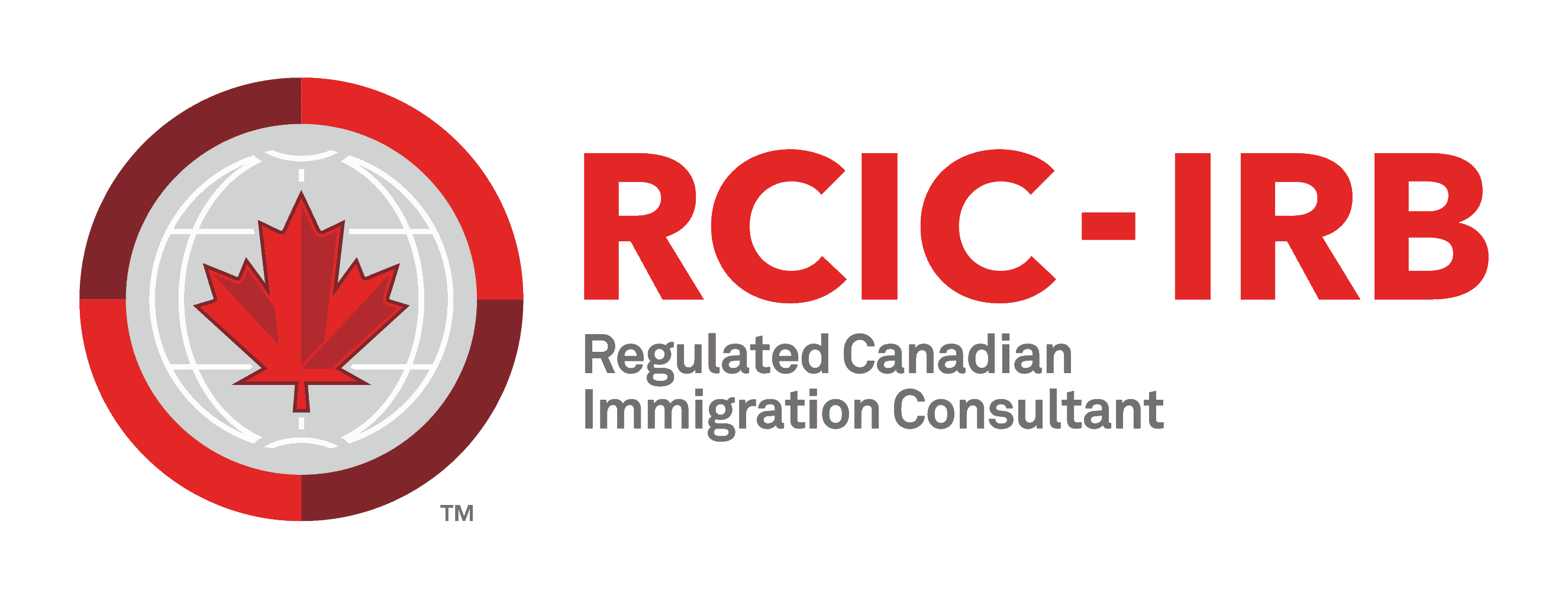Canada’s immigration system aims to admit applicants who will thrive once settling in the country. However, for some, certain health conditions pose barriers to easy approval. Canada’s medical inadmissibility rules prevent acceptance if an immigrant’s condition is deemed to burden the Canadian healthcare system. Unfortunately, these rules create headaches for applicants with even common issues like mental health disorders, obesity, or substance abuse histories.
If immigration authorities deny your visa application on medical grounds, it significantly hampers plans to build a new life in Canada. However, while challenging, overcoming an initial rejection remains possible in many cases. Applicants still have chances to dispute decisions, appeal judgments, or seek special ministerial exemptions. Along the way, enlisting help from an experienced immigration consultant can make navigating the complicated health-related immigration process much smoother.
What is Medical Inadmissibility?
So what constitutes medical inadmissibility when applying to immigrate to Canada? The broad standard focuses on three categories—danger to public health or safety, lacking proper exams or documentation, or creating excessive demand on health services. Excessive demand accounts for most health-related denials of visas or green cards. Essentially, it evaluates whether authorities expect a would-be immigrant’s healthcare needs might place excessive burden on the system in the form of skyrocketing costs. Unfortunately, even many common conditions like mental health disorders or chronic physical ailments may still meet this murky “excessive” demand criterion.
The financial threshold considers how much an applicant’s care may cumulatively cost the public system. Currently, that benchmark stands at CA$134,938 over five years. However, authorities judge admissibility on more than this amount alone…
Common Health Conditions that Lead to Inadmissibility
A range of fairly common health conditions unfortunately often trigger medical ineligibility to immigrate to Canada. Mental health disorders with symptoms like depression or anxiety frequently fall into this tricky category. Obesity also quite commonly creates inadmissibility if Canadian immigration officials feel ongoing or possibly expensive future care proves likely. As does substance abuse in one’s medical history – even if complete rehabilitation occurred years ago.
Additionally, communicable diseases like tuberculosis or HIV risk inadmissible designations too. While manageable, the stigma and costs surrounding such diseases still breeds reluctance by immigration reviewers. Any evidence about such conditions must take great care to persuasively demonstrate minimal ongoing expense or public health risk if admitting the applicant.
Consequences of Medical Inadmissibility
The consequences of deemed medical inadmissibility can greatly hamper hopes to rebuild one’s life within Canada. Being found ineligible leads to either outright visa application refusal, or at minimum extended delays stretching approval times to a year or longer. Understandably, leaving an applicant’s plans long uncertain leads to incredible mental, emotional and financial strain.
Options if Deemed Inadmissible
If an applicant receives notice they face potential inadmissibility, several options still exist to dispute the ruling or request exceptions. Supplying added evidence from one’s physicians documenting that any concerning health matters stay well controlled or minimized acts as one route. Requesting an official Minister’s Permit also provides a path to possible special exemption from standard eligibility rules. And if all else fails, formally appealing and contesting the immigration denial also presents applicants an additional lever to hopefully still achieve their Canadian dreams.
While daunting, these alternative mechanisms do yearly facilitate many individuals with subpar health to still successfully achieve permanent residency status abroad. The key proves working diligently alongside one’s immigration consultant or legal representation to clearly showcase every argument warranting special leniency in each unique case. Even applicants initially facing health-related barriers benefit from forcefully and thoroughly explaining mitigating factors…
Tips for Navigating Health Issues in Immigration
A few tips can help applicants facing health-related challenges maximize their chances of still attaining approvals to immigrate to Canada. First, total transparency about one’s current or past medical conditions to immigration authorities right from the start minimizes unpleasant surprises down the road. Even troublesome issues like obesity or addiction stand better chances with forthright, honest disclosure paired with reassurances such conditions stay controlled.
Additionally, beginning to assemble key health documentation well in advance of application submission gives adequate lead time to make a persuasive case disputing assumed ineligibility. Medical assessments and physicians’ letters take patience, so allow sufficient flexibility. Tackling readiness for this paperwork as early as possible aids the process.
Some applicants may even investigate acquiring supplemental private health insurance plans to have at the ready if questions arise concerning posing necessity costs. Having contingency coverage lined up demonstrates responsible planning aiming to minimize burdening public resources. While not always preventative, upfront management looks favorably to reviewers.
If lucky enough to meet approval despite medical flags initially complicating immigration, new Canadian residents still gain coverage under Canada’s public health plans. Each province administers care regionally for all legal residents, although supplemental insurance potentially still offers usefulness for some. This especially holds true for serious conditions necessitating expensive medication or equipment unavailable publicly. Still, securing residency remains the most crucial hurdle to overcome using strong documentation.
While medical challenges add frustration to immigrating abroad, solutions exist to still achieve your dreams. Arriving informed and prepared to argue your unique case, with help from experts in immigration law and health fields, proves paramount. Seek their guidance early, and lean on their expertise presenting your fitness for residency despite potential barriers. While rarely easy paths, options allow those needing special consideration to still call Canada home.
Conclusion
Canada’s medical inadmissibility rules undeniably establish substantial roadblocks for would-be immigrants managing health conditions. The excessive demand clauses effectively bar many applicants contending even with common issues like mental illness or obesity from easy admittance approval. The policy aims to minimize overtaxing national healthcare capacity, but conversely dumps substantial stress upon affected immigrant hopefuls.
Still, for those committed to realizing their dreams of living abroad, credible paths exist. Armed with persistence and expert support, applicants denied due to health concerns may still plead special cases warranting exceptions. Ministerial interventions occasionally provide exemptions if compelling humanitarian grounds support leniency. Similarly, appeals processes give opportunity for new evidence showcasing controlled symptoms or care cost coverage through private insurers.
The assistance of an immigration consultant intimately familiar with medical exemption cases can prove invaluable throughout this arduous process. They advocate to dispute preliminary inadmissible rulings. Likewise, they marshal sympathetic arguments detailing why applicants merit individual dispensation from standard health-related restrictions.
In the end, every applicant presents a unique profile to reviewers assessing their immigration fitness. Those exhibiting responsible management of any medical conditions concerns – or viable plans to independently shoulder ongoing care costs privately – retain legitimate possibility of overturning initial visa rejections. The road proves long and difficult, but not necessarily closed. Commitment to revealing the full picture for adjudicators while emphasizing mitigating strengths allows room for acceptance over time.





